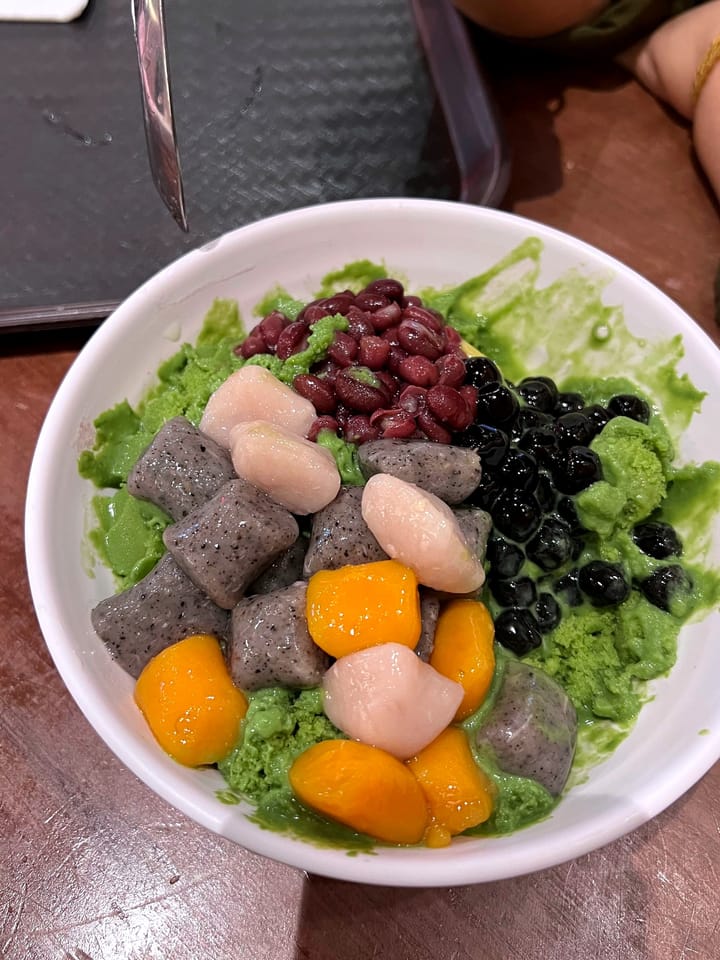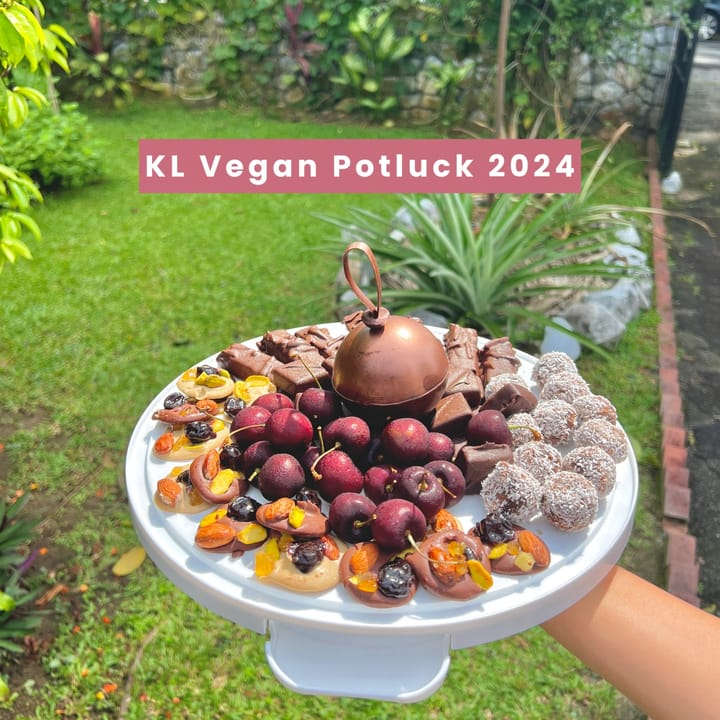Quran Verses on Animal Use and Consumption for Vegan Muslim Advocacy

If you’re a Muslim and vegan or an animal rights activist, you should be armed with knowledge of the Quran and Sunnah. You don’t have to know everything right now but it helps to start somewhere. If you’re advocating for the welfare or rights of animals, it’s worth spending time learning about what the Quran says about animals and how the Prophet Muhammad ﷺ treated animals.
Animals in The Quran
The Quran contains numerous verses (ayat) that refer to animals, either as signs of God's creation, metaphors, or to describe particular events. There are about 28 animals mentioned across more than 15 chapters (surah) of the Quran. On the consumption of animals specifically, we can find ten verses talking about it. The key theme across all of the messages about animals is that of gratitude. There are lessons in every creation of God and it’s a test for us humans on what we do with the blessings of God and if we are grateful for them.
Quran Verses on the Use and Consumption of Animals
A blanket statement that every vegan Muslim would try to align veganism to Islam is that Islam encourages compassion to all beings. But then there arises the question of why animal consumption is allowed by the Most Compassionate God. Indeed, the Quran contains verses that provides guidance on the permissible use and consumption of animals, particularly with respect to livestock and food.
1. Surah Al-Baqarah (2:168)
"O mankind, eat from whatever is on earth [that is] lawful and good and do not follow the footsteps of Satan. Indeed, he is to you a clear enemy."
- Interpretation: This verse encourages the consumption of lawful (halal) and good things, which includes animals that are permissible to eat according to Islamic law.
2. Surah Al-Baqarah (2:173)
"He has only forbidden to you dead animals, blood, the flesh of swine, and that which has been dedicated to other than Allah. But whoever is forced [by necessity], neither desiring [it] nor transgressing [its limit], there is no sin upon him. Indeed, Allah is Forgiving and Merciful."
- Interpretation: This verse specifies prohibited (haram) animals and substances, including carrion, blood, pork, and animals sacrificed in the name of other than Allah. However, exceptions are made in cases of necessity.
3. Surah Al-An'am (6:142-145)
"And of the grazing livestock are carriers [of burdens] and those [too] small. Eat of what Allah has provided for you and do not follow the footsteps of Satan. Indeed, he is to you a clear enemy."
"Say, 'I do not find within that which was revealed to me [anything] forbidden to one who would eat it unless it be a dead animal, or blood spilled out, or the flesh of swine - for indeed, it is impure - or it be [that slaughtered in] disobedience, dedicated to other than Allah.'"
- Interpretation: These verses reiterate the prohibition of certain animals and emphasize the lawful consumption of livestock, provided they are slaughtered properly in accordance with God's commands.
4. Surah An-Nahl (16:5-8)
"And the cattle, He created them for you; in them is warmth [i.e., clothing] and [numerous] benefits, and from them you eat. And for you in them is [the enjoyment of] beauty when you bring them in [for the evening] and when you send them out [to pasture]. And they carry your loads to a land you could not have reached except with difficulty to yourselves. Indeed, your Lord is Kind and Merciful. And [He created] the horses, mules, and donkeys for you to ride and [as] adornment. And He creates that which you do not know."
- Interpretation: These verses highlight the various uses of animals, such as for food, clothing, transportation, and other benefits, emphasizing their utility and blessings for humanity.
5. Surah An-Nahl (16:66)
"And indeed, for you in grazing livestock is a lesson. We give you drink from what is in their bellies - between excretion and blood - pure milk, palatable to drinkers."
- Interpretation: This verse specifically refers to the benefit of livestock in producing milk, a permissible and beneficial product for human consumption.
6. Surah Al-Ma'idah (5:1)
"O you who have believed, fulfill [all] contracts. Lawful for you are the animals of grazing livestock except for that which is recited to you [in this Qur'an], hunting not being permitted while you are in the state of ihram. Indeed, Allah ordains what He intends."
- Interpretation: This verse allows the consumption of animals of grazing livestock, except those prohibited by Islamic law. It also restricts hunting during the state of ihram (sacred state during pilgrimage).
7. Surah Al-Ma'idah (5:3)
"Prohibited to you are dead animals, blood, the flesh of swine, and that which has been dedicated to other than Allah, and [those animals] killed by strangling or by a violent blow or by a head-long fall or by the goring of horns, and those from which a wild animal has eaten - except what you [are able to] slaughter [before its death]..."
- Interpretation: This verse provides further details on prohibited (haram) animals, including those that die by unnatural means. Only properly slaughtered animals are lawful for consumption.
8. Surah Al-Mu’minun (23:21)
"And indeed, for you in grazing livestock is a lesson. We give you drink from what is in their bellies, and for you in them are [many] benefits, and from them you eat."
- Interpretation: This verse again highlights the benefits of livestock, including their milk and meat, as lawful provisions from God.
9. Surah Al-Hajj (22:28)
"That they may witness benefits for themselves and mention the name of Allah on known days over what He has provided for them of [sacrificial] animals. So eat of them and feed the miserable and poor."
- Interpretation: This verse refers to the sacrifice of animals during specific religious rituals, such as during Hajj (pilgrimage), and encourages sharing the meat with the poor.
10. Surah Al-Hajj (22:36)
"And the camels and cattle We have appointed for you as among the symbols of Allah; for you therein is good. So mention the name of Allah upon them when lined up [for sacrifice]; and when they are [lifeless] on their sides, then eat from them and feed the needy and the beggar. Thus have We subjected them to you that you may be grateful."
- Interpretation: This verse describes the sacrificial animals during religious rituals and the distribution of their meat among people, especially the poor.
Key Themes on Animal Consumption Based on The Quran
The verses above provide the foundational guidelines for how animals may be used and consumed in Islamic practice.
- Permissibility and Prohibition: Certain animals (like swine) and specific situations (carrion, improper slaughter) make animals haram (forbidden), while other animals are lawful (halal) for consumption, provided they are treated and slaughtered properly.
- Beneficial: Animals, mainly livestock and camels, can be of benefit to humans to ease their livelihoods including providing food, clothing, and transportation.
- Gratitude and Reflection: Humans are encouraged to reflect on the blessings of animals and be grateful to God for their provision.
Quran Verses on Compassion Towards Animals
The Quran does not explicitly mention specific commands to be compassionate to animals in the same way it addresses treatment of humans. But it does implicitly advise care and consideration for animals as part of God's creation. Below are verses that promote compassion and mindfulness toward animals:
1. Surah Al-An'am (6:38)
"And there is no creature on [or within] the earth or bird that flies with its wings except [that they are] communities like you. We have not neglected in the Register a thing. Then unto their Lord they will be gathered."
- Interpretation: This verse acknowledges that animals are also communities, just like humans, deserving of care and respect.
2. Surah An-Nahl (16:5-8)
"And the cattle, He created them for you; in them is warmth [i.e., clothing] and [numerous] benefits, and from them you eat. And for you in them is [the enjoyment of] beauty when you bring them in [for the evening] and when you send them out [to pasture]. And they carry your loads to a land you could not have reached except with difficulty to yourselves. Indeed, your Lord is Kind and Merciful."
- Interpretation: These verses show the multiple benefits animals provide to humans, highlighting that their treatment should be respectful, considering their essential role in human life.
3. Surah An-Nahl (16:66)
"And indeed, for you in grazing livestock is a lesson. We give you drink from what is in their bellies - between excretion and blood - pure milk, palatable to drinkers."
- Interpretation: This verse encourages reflection on the blessings that animals provide and implicitly promotes caring for them as they give humans sustenance.
4. Surah An-Nur (24:41)
"Do you not see that Allah is exalted by whomever is within the heavens and the earth and [by] the birds with wings spread [in flight]? Each [of them] has known his [means of] prayer and exalting [Him], and Allah is Knowing of what they do."
- Interpretation: This verse shows that all creatures, including birds, glorify God in their own way, suggesting that humans should treat them with compassion and respect as beings that worship God.
5. Surah Al-Mu’minun (23:18-21)
"And We have sent down blessed rain from the sky and made grow thereby gardens and grain from the harvest and lofty palm trees having fruit arranged in layers - as provision for the servants; and We have given life thereby to a dead land. Thus is the resurrection. And indeed, for you in grazing livestock is a lesson. We give you drink from what is in their bellies, and for you in them are [many] benefits, and from them you eat."
- Interpretation: These verses remind humans of the blessings animals provide and encourage gratitude and care for them.
6. Surah Al-Anbiya (21:107)
"And We have not sent you, [O Muhammad], except as a mercy to the worlds."
- Interpretation: While this verse does not explicitly mention animals, Prophet Muhammad ﷺ is described as a mercy to all the worlds, which includes humans, animals, and all creation. His teachings, including his compassion for animals, are part of this mercy.
Understanding Prophetic Teachings on Treatment of Animals
Just like how the daily prayers are not detailed in the Quran — except the commandment to pray for the remembrance of God [20:14] — the treatment and slaughtering of animals are not detailed either. It’s a specific style and manner of the Quran that mostly presents the what and lacks the detailed how. The wisdom may be so that we don’t stray away from the purpose of certain actions. But it also indicates the importance of learning the Prophetic teachings via authentic hadith (records of the teachings).
As such, from authentic hadith, we know that there’s strict ruling when it comes to animal slaughter. More to follow on the rulings for animal slaughter in Islam.




Comments ()